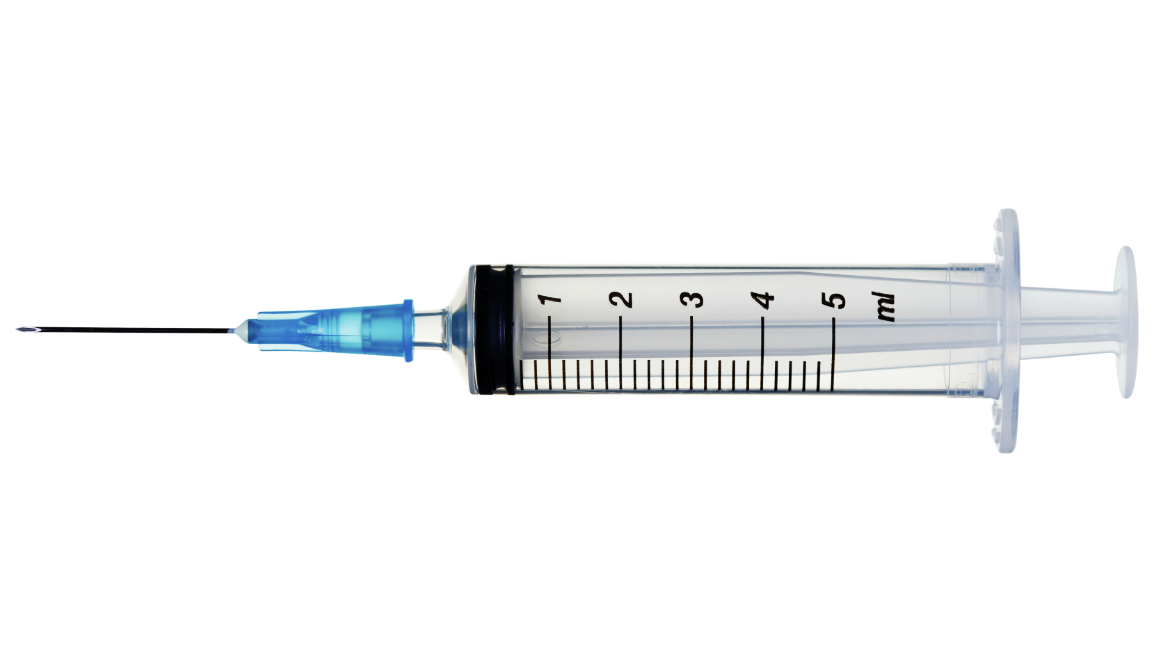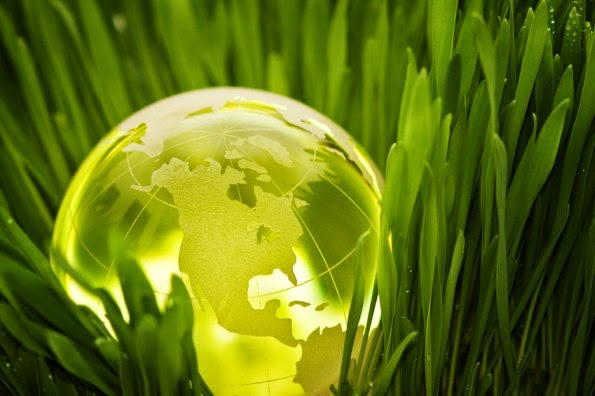
The campus of the future will undoubtedly incorporate sustainable design, and Erasmus University in Rotterdam wants to pave the way by leading through example.

A few years ago, researchers from Germany and Japan were able to simulate one percent of human brain activity for a single second. It took the processing power of one of the world’s most powerful supercomputers to make that happen.

The supercomputer can be compared to the western cowboys that tamed wild horses, also called Wranglers, because the computer is capable of taming big data.

With the full suite of observations of the Universe now at our disposal, what is the story, contents, and history of the Universe?

The town has entered into its technologically advanced and innovative stage brought on by the introduction of the broadband wireless internet service with speeds of up to 1 Gb/s

The Director General of Cultural, Social and Family Affairs at the Organization of Islamic Cooperation (OIC) has said that Sierra Leone could be the best model with regards to religious tolerance, peaceful coexistence and bonds of unity.

Writer Douglas Fox and photographer Carolyn Van Houten are spending 15 days aboard the M.V. Ortelius, docked here at the Port of Ushuaia on March 10, 2016, to join scientists conducting studies of humpback and minke whales in the glacial fjords along the Antarctic Peninsula.

For the first time ever, a majority of Americans say they're opposed to nuclear energy. Revealingly, the declining attitudes towards nuclear has less to do with the perceived risks, and more to do with falling gas prices.

China's sweeping program to restore forests across the country is working. The vast destruction of China's forests, leveled after decades of logging, floods and conversion to farmland, has become a story of recovery, according to the first independent verification.

With help from the satellite-based MOST telescope, Astronomers from San Francisco State University have made an intriguing new observation of HD 20782 b: the flicker of reflected starlight as the planet makes its closest-in pass.

A Russian Soyuz rocket launched a joint U.S.-Russian crew to the International Space Station Friday (March 18), a space team that includes an astronaut aiming to break an American spaceflight record recently set by NASA

It is believed the breakthrough could lead to ultra-fast communication between computer chips and electronic systems and therefore transform a wide variety of sectors, from communications and healthcare to energy generation.

Imagine hearing that just one injection of stem cells could restore health to bones ravaged by osteoporosis. Scientists believe they may be close.

A tropical landscape flooded to accommodate an underperforming hydroelectric dam is getting a new lease on life.

Astronomers have identified four new exoplanets circling stars more massive than the sun. The giants range in size from 2.4 to 5.5 times the mass of Jupiter, with orbital periods ranging from two to four years.